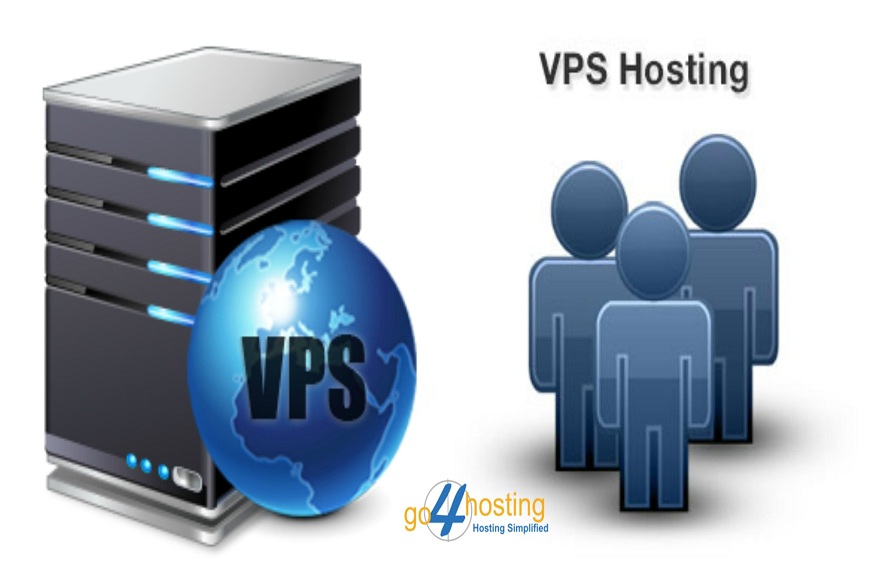What is VPS server hosting? A virtual private server hosting is an isolated virtual server sold as a service from an Internet Hosting Provider. Usually, the virtual, dedicated server functions in a completely virtualized environment but sometimes, some core CPU resources are dedicated to it, this is not the same as with VPS. It offers more control and flexibility to the owner of the virtual private server than a dedicated physical server does. In short, a VPS allows more than one user to utilize the physical server resources for their web needs.
A VPS hosting solution allows for several users to utilize the physical resources on a shared server. One of the benefits of a VPS is the ability to scale up and down without downtime for any reason. Another benefit is cost savings it is a cheap vps server. Since the operating system, applications, and software tools are all virtualized, you can find cost savings in the long term.
ARE THE VPS SERVER AND SOFTWARE SCALABLE?
So why would anyone consider shared hosting vs. us vs. dedicated servers? There are several reasons. For small websites, shared hosting can be quite beneficial as you do not pay for dedicated resources that are expensive to use every month. Also, if the website gets heavy traffic, it may be worth spending more money on a dedicated virtual server vs. a shared hosting solution. If you have a large website that needs to process a lot of data, you may want to consider VPS over a shared hosting solution for two reasons.
First, virtualization is critical for a business to thrive. Many people think that virtualization is only for bigger companies that have hundreds of employees or larger web operations with server monitoring, security, and software updates. But this is just not true. Many companies, even medium-sized ones, use virtualization premium link generator as a way to make their servers more affordable to smaller businesses and individuals.
Virtualization also allows a company to have hardware that is more powerful and can handle more traffic than a traditional dedicated server solution. Since the operating system, applications and software tools are virtual, you can find more hardware scalability, more hardware resources, and higher performance than with dedicated servers. However, the downside to VPS solutions is that you cannot change any of the underlying hardware.You are locked into the physical hardware, which can be costly and can also have a significant impact on your scalability.
VPS Hosting
On the flip side, virtualization gives you the ability to reduce costs and improve operational efficiency and security. With VPS hosting you can have greater control over your servers. For instance, you can allocate resources based on real-time traffic patterns for instance. This gives web professionals greater control over their websites. They can increase server load based on what they perceive to be necessary for their customers.
There are two different types of VPS hosting: dedicated and collocation. A dedicated server is purchased by an individual or an organization. In a dedicated setting, the owner maintains control over the hardware and the software. The customer only pays for the amount of RAM, processor, and hard drive space needed for their site. In addition, they pay a monthly fee to host their website on the VPS. In collocation, a company leases physical servers from a provider.
When you combine VPS with other solutions such as, you give webmasters greater resources and control over their sites.
You can create as much, if not all, of the resources needed for your site through a central control panel. Through this, you can control servers and network environments based on your requirements. If you need more processing power, more bandwidth, or greater disk space you can purchase it from a provider. This is a great way to make sure you get all of the resources you need at a price you can afford.

